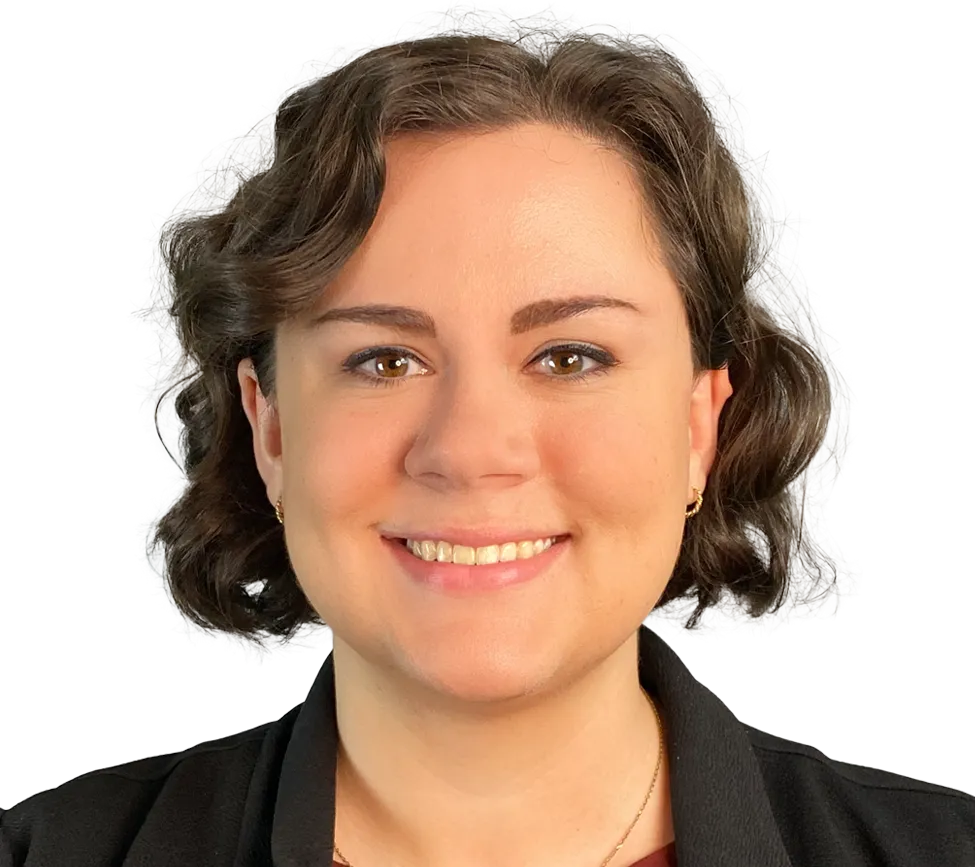Evans MJ, Hong MK, Brown-Schmidt S. Contextual influences on the organization of recall for ambiguous homographs. Collabra Psychology 2025; 11. https://doi.org/10.1525/collabra.147810.
Clough S, Evans MJ, Duff MC, Brown-Schmidt S. Reduced temporal organization of narrative recall in adults with moderate-severe traumatic brain injury. Cortex 2025; 190:86-109. https://doi.org/10.1016/j.cortex.2025.06.007.
Evans MJ, Clough S, Duff MC, Brown-Schmidt S. Temporal organization of narrative recall is present but attenuated in adults with hippocampal amnesia. Hippocampus 2024; 34:438 — 451. https://doi.org/10.1002/hipo.23620.
Brown-Schmidt S, Jaeger CB, Evans MJ, Benjamin AS. MEMCONS: how contemporaneous note-taking shapes memory for conversation. Cognitive Science 2023; 47. https://doi.org/10.1111/cogs.13271.
Evans MJ, Jenkins MD, Berry JN. Low but not moderate amounts of caffeine increase co-consumption of ethanol in C57BL/6J mice. Pharmacology Biochemistry and Behavior 2021; 208. https://doi.org/10.1016/j.pbb.2021.173221
Presentations
Clough S, Kekes-Szabo S, Evans MJ, Casilio M, Brown-Schmidt S, Duff MC. Nonverbal signals of multiparty audience design in adults with moderate-severe traumatic brain injury. Poster presentation, The International Society for Gesture Studies Conference, Nijmegen, The Netherlands, 2025.
Evans MJ, Andreoli N, Heller D, Brown-Schmidt S. Recognition memory for questions and their answers. Poster presentation, the 38th Annual Conference on Human Sentence Processing, College Park, MD, 2025.
Evans MJ, Polyn S, Gardner B, Brown-Schmidt S. The organization of memory for conversations. Poster presentation, the 38th Annual Conference on Human Sentence Processing, College Park, MD, 2025.
Evans MJ, Kekes-Szabo S, Clough S, Brown-Schmidt S, Duff MC. Multiparty audience design in adults with moderate-severe traumatic brain injury. Poster presentation, the 65th Annual meeting of the Psychonomic Society, New York City, NY, 2024.
Evans MJ, Clough S, Duff MC, Brown-Schmidt S. The organization of memory for language following memory impairment. Poster presentation, the 37th Annual Conference on Human Sentence Processing, Ann Arbor, MI, 2024.
Clough S, Kekes-Szabo S, Evans MJ, Casilio M, Brown-Schmidt S, Duff MC. Nonverbal signals of multiparty audience design in adults with moderate-severe traumatic brain injury. Paper presentation, the International Cognitive-Communication Disorders Conference, Orange, CA, 2024.
Kekes-Szabo S, Clough S, Evans MJ, Casilio M, Brown-Schmidt S, Duff MC. How do adults with moderate-severe traumatic brain injury communicate in a group? An investigation of audience design in multiparty conversation. Paper presentation, the International Cognitive-Communication Disorders Conference, Orange, CA, 2024.
Evans MJ, Brown-Schmidt S. What did you ask? Recognition memory for questions is worse than memory for answers. Poster presentation, the 64th Annual meeting of the Psychonomic Society, San Francisco, CA. 2023.
Evans MJ, Clough S, Duff MC, Brown-Schmidt S. Temporal contiguity for narrative recall in clinical populations with memory impairment. Poster presentation, the 14th Biennial meeting of the Society for Applied Research in Memory and Cognition, Nagoya, Japan, 2023.
Clough S, Evans MJ, Brown-Schmidt S, Duff MC. Reduced temporal contiguity of narrative recall in adults with moderate-severe traumatic brain injury. Poster presentation, IBIA 14th Biennial World Congress on Brain Injury, Dublin, Ireland, 2023.
Brown-Schmidt S, Jaeger C, Evans MJ, Benjamin AS. MEMCONS: how contemporaneous note-taking shapes memory for conversation. Spoken presentation, the Annual meeting of the Psychonomic Society, Boston, MA, 2022.
Evans MJ, Hong MK, Brown-Schmidt S. Recall of ambiguous homographs is shaped by conversational partners. Poster presentation, the 63rd Annual meeting of the Psychonomic Society, Boston, MA, 2022.
Brown-Schmidt S, Jaeger C, Evans MJ, Benjamin AS. MEMCONS: how contemporaneous note-taking shapes memory for conversation. Poster presentation, the 16th Annual Conference on Empirical Legal Studies, Charlottesville, VA, 2022.
Evans MJ, Brown-Schmidt S. Recall of ambiguous homographs is shaped by context and language goals. Poster presentation, the 62nd Annual meeting of the Psychonomic Society, virtual, 2021.

